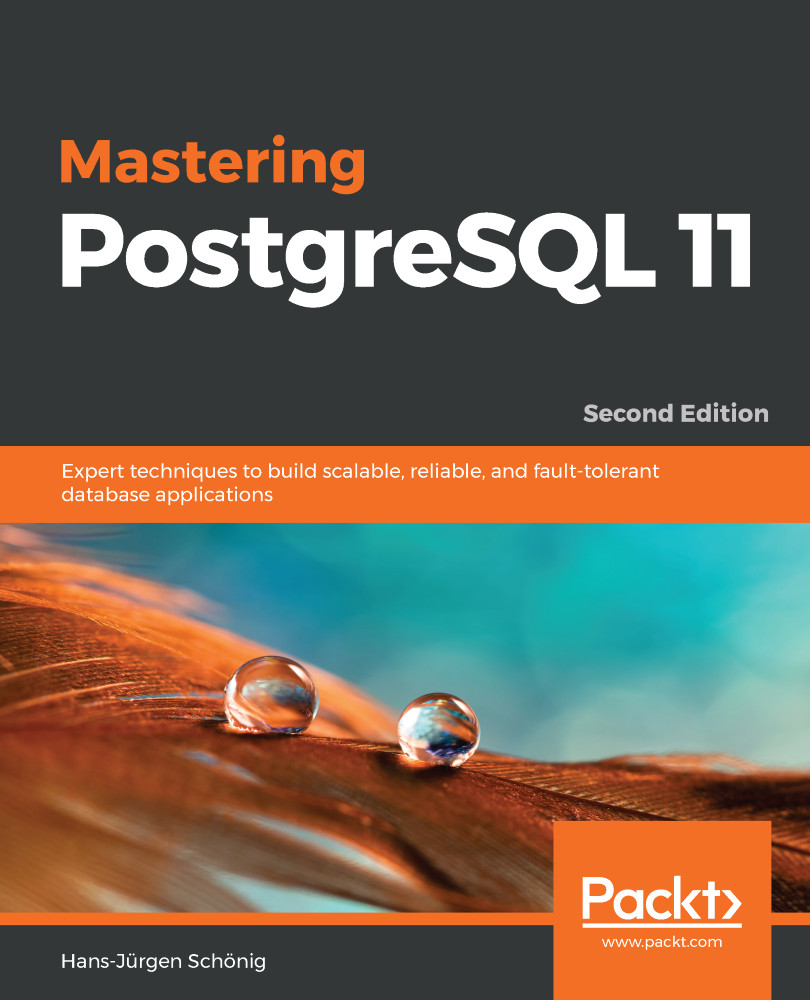In this chapter, you have already learned some valuable lessons about how to move from databases such as Oracle to PostgreSQL. Migrating both MySQL and MariaDB database systems to PostgreSQL is fairly easy. The reason for this is that Oracle might be expensive and a bit cumbersome from time to time. The same applies to Informix. However, both Informix and Oracle have one important thing in common: CHECK constraints are honored properly and data types are properly handled. In general, we can safely assume that the data in those commercial systems is somewhat correct and doesn't violate the most basic rules of data integrity and common sense.
Our next candidate is different. Many things you know about commercial databases are not true in MySQL. The term NOT NULL doesn't mean much to MySQL (unless you explicitly use strict mode...













































































